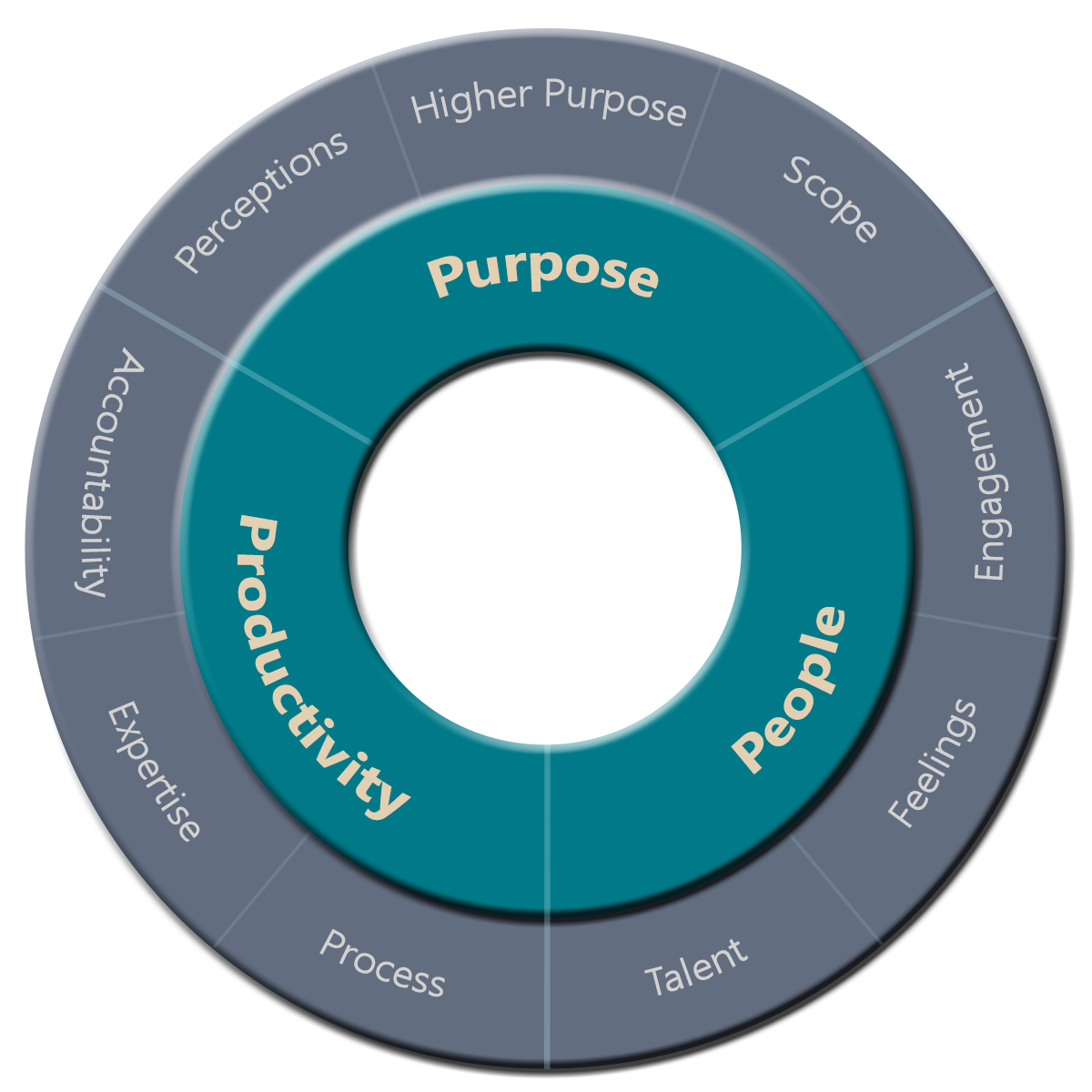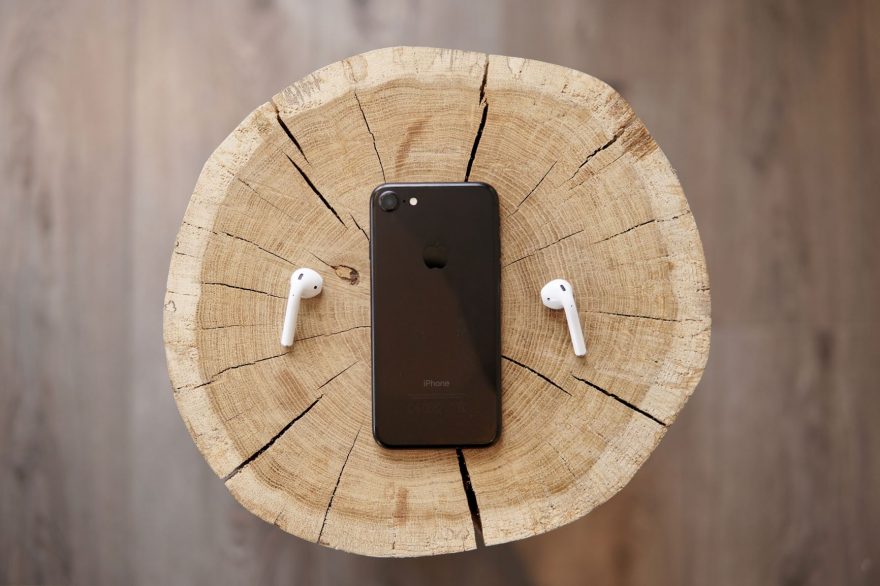Need to define Smart goals? – before you do, are you doing them right? if you want to achieve what you want that is!
Smart goal-setting works, which is probably why no one has managed to reinvent them. Smart goals are the staple diet for team leaders, managers and leaders. Without smart goals, you have no idea what you’re working on, what your people are working on, or what your organisation is working on. Your future is at risk and left to chance.
In this video, Graham walks you through the smart goals process and gives a practical example. We also shared why we think most are getting it wrong, at least the order that is.








